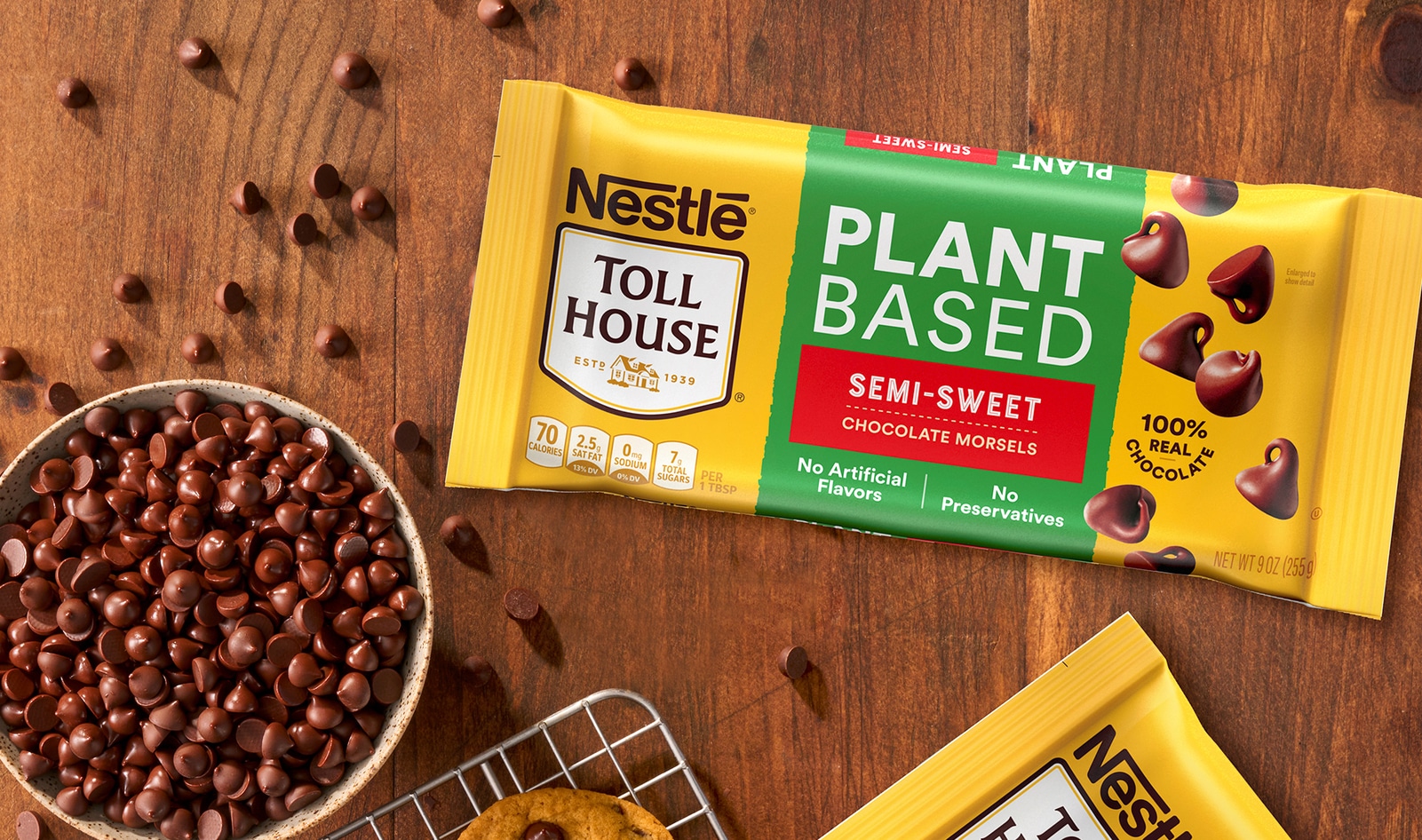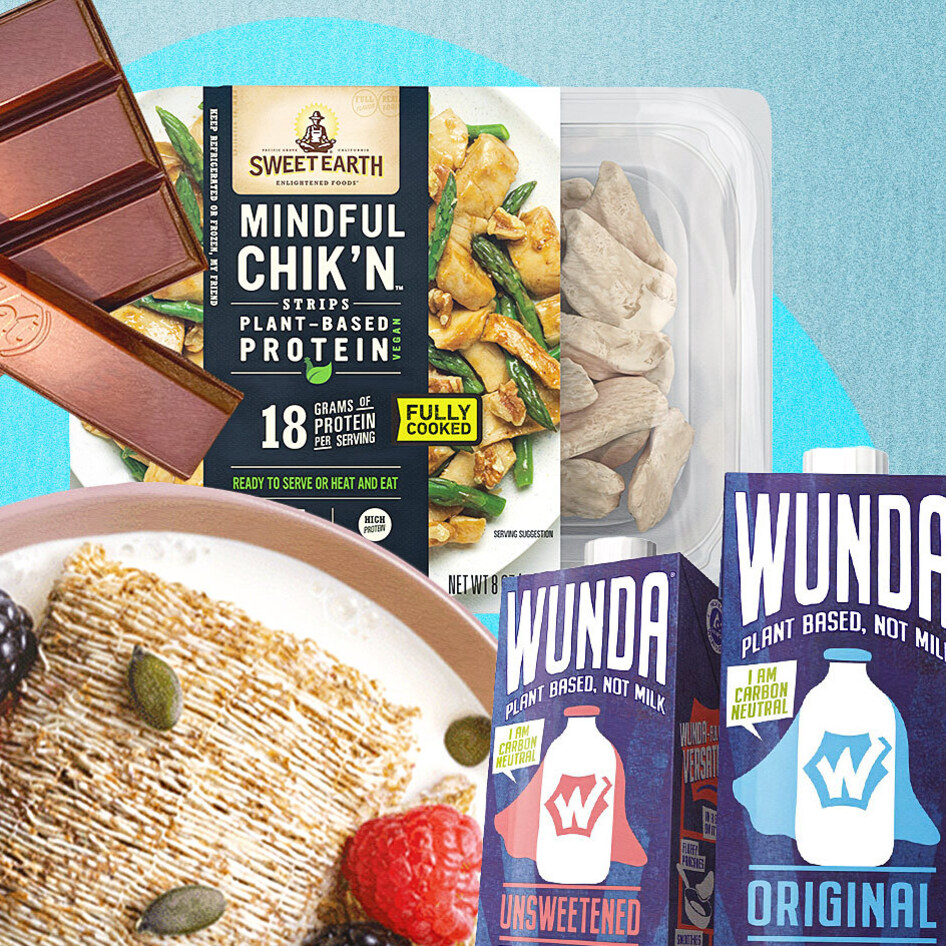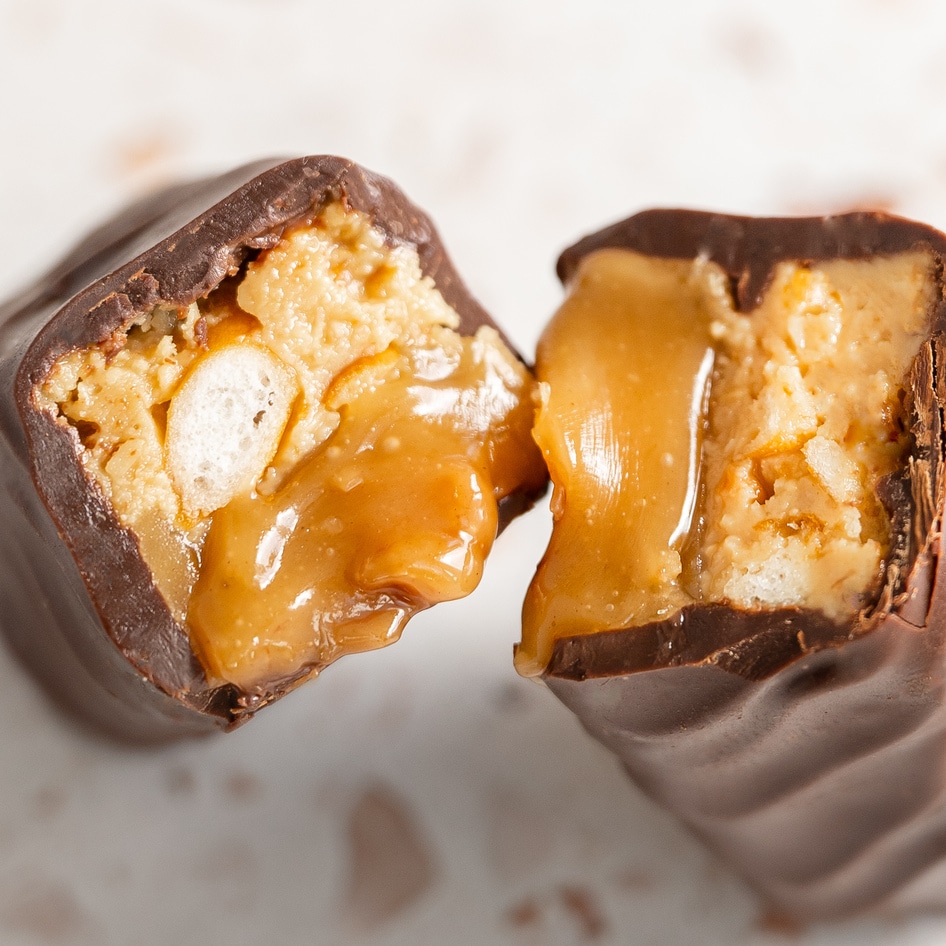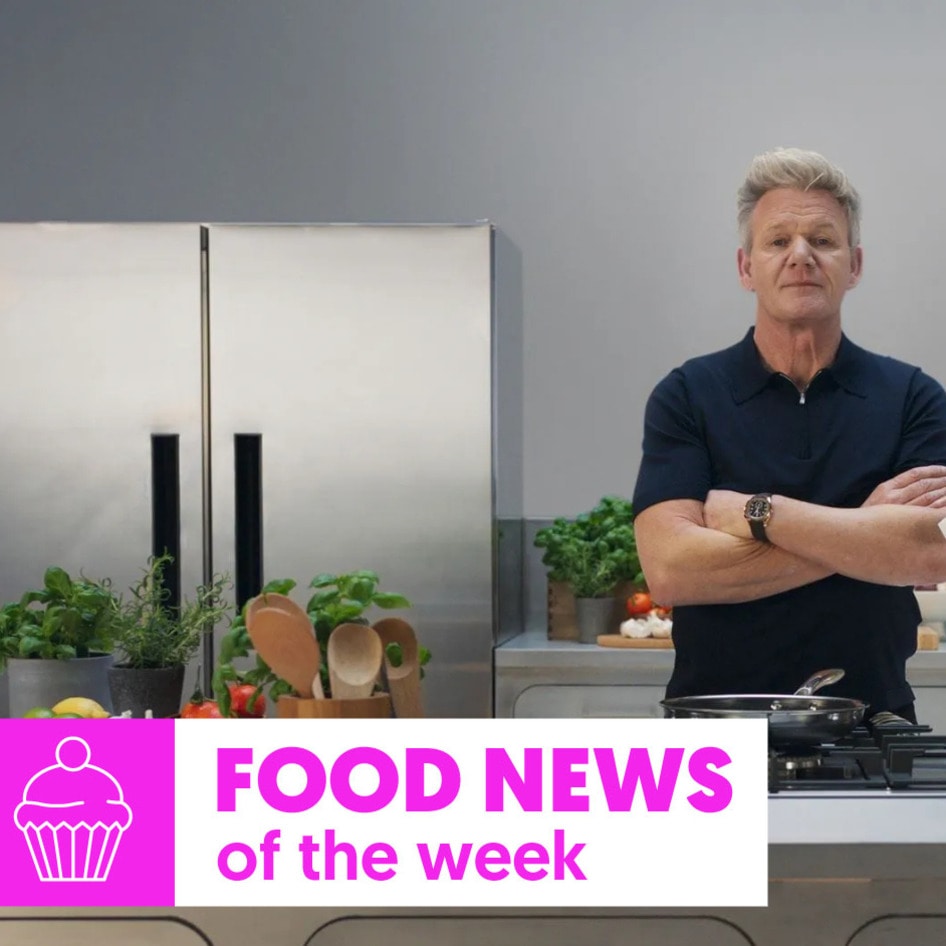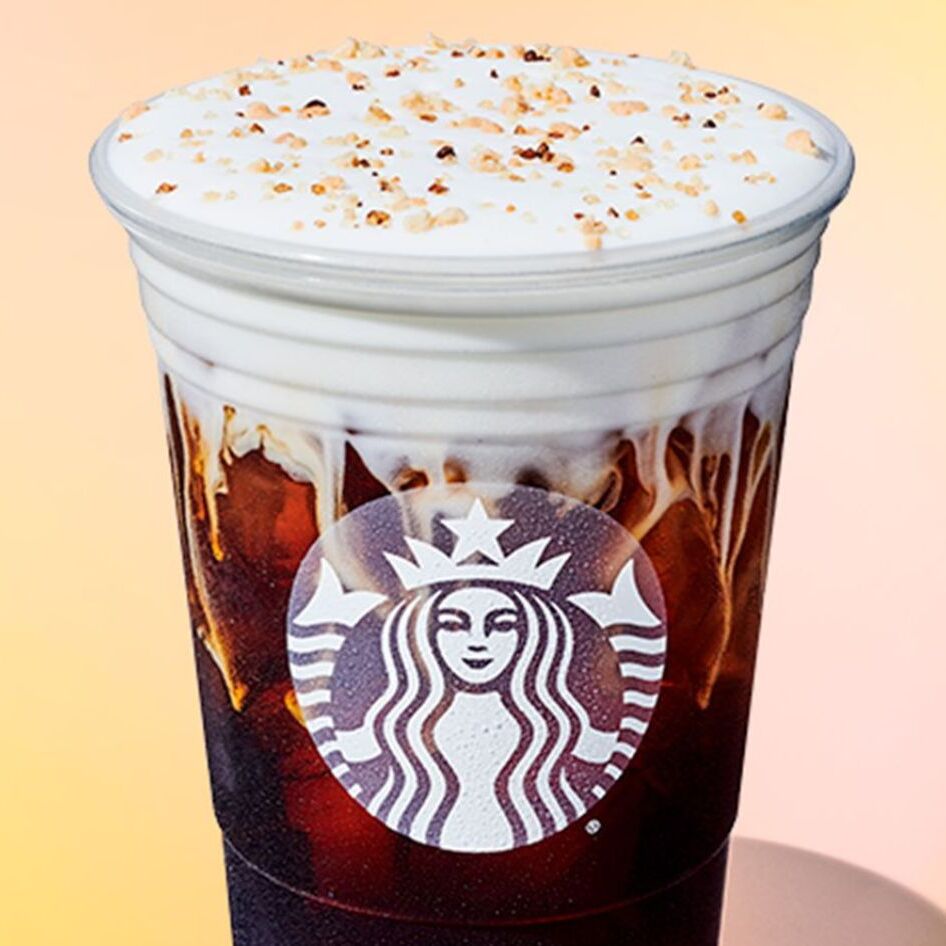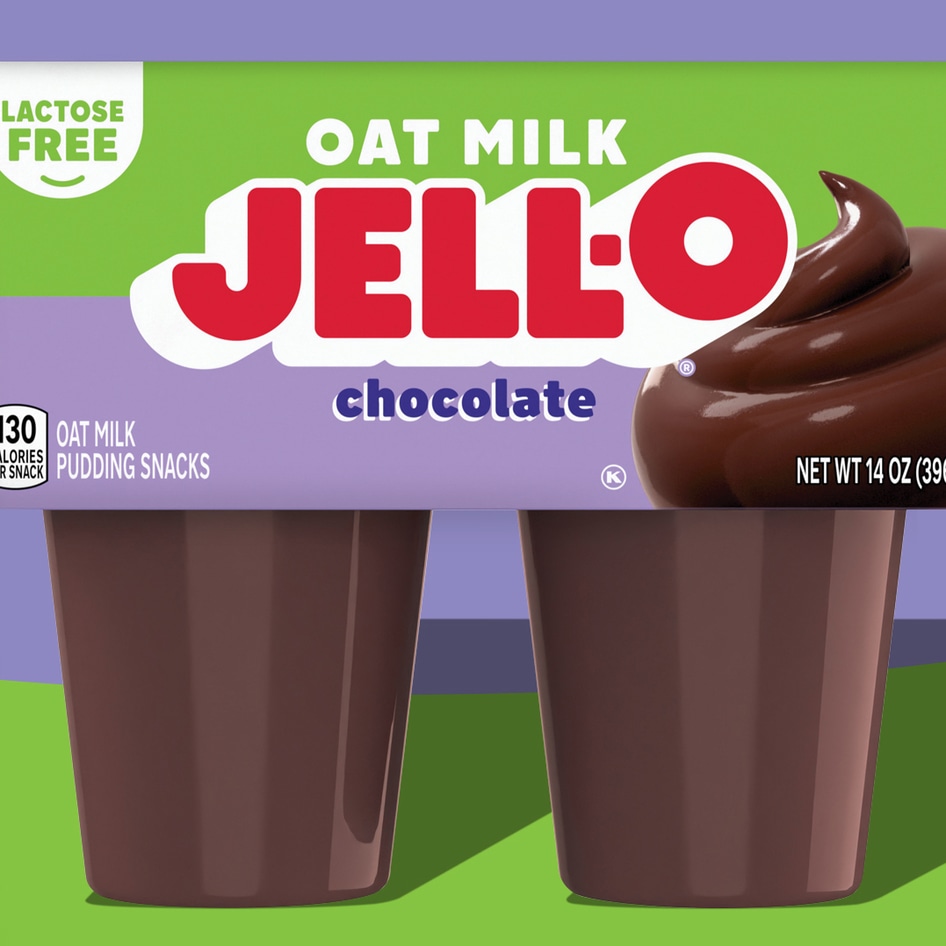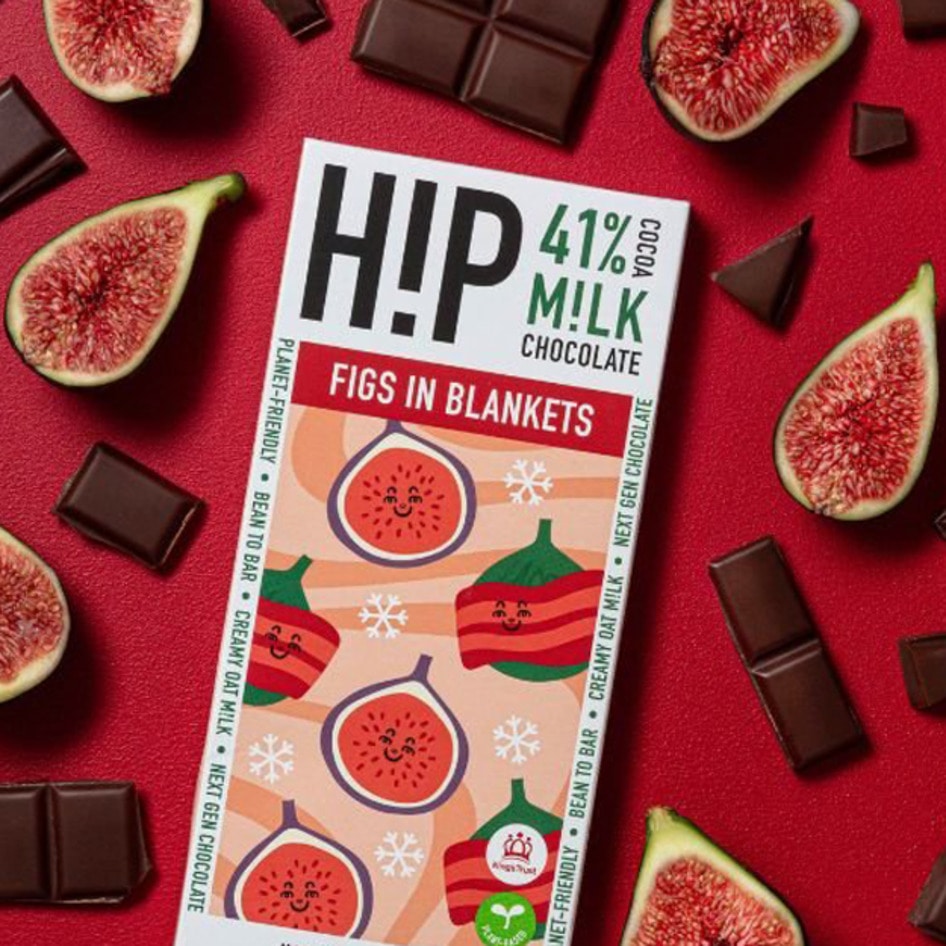In a business landscape characterized by fluctuating consumer demands, Nestlé SA has shown that it can tap into long-lasting trends to come out on top. Boasting a brand value of $22.4 billion, an 8 percent uptick from the previous $20.8 billion, Nestlé maintains its status as the world’s most valuable food brand according to Brand Finance’s Food & Drink 2023 report.
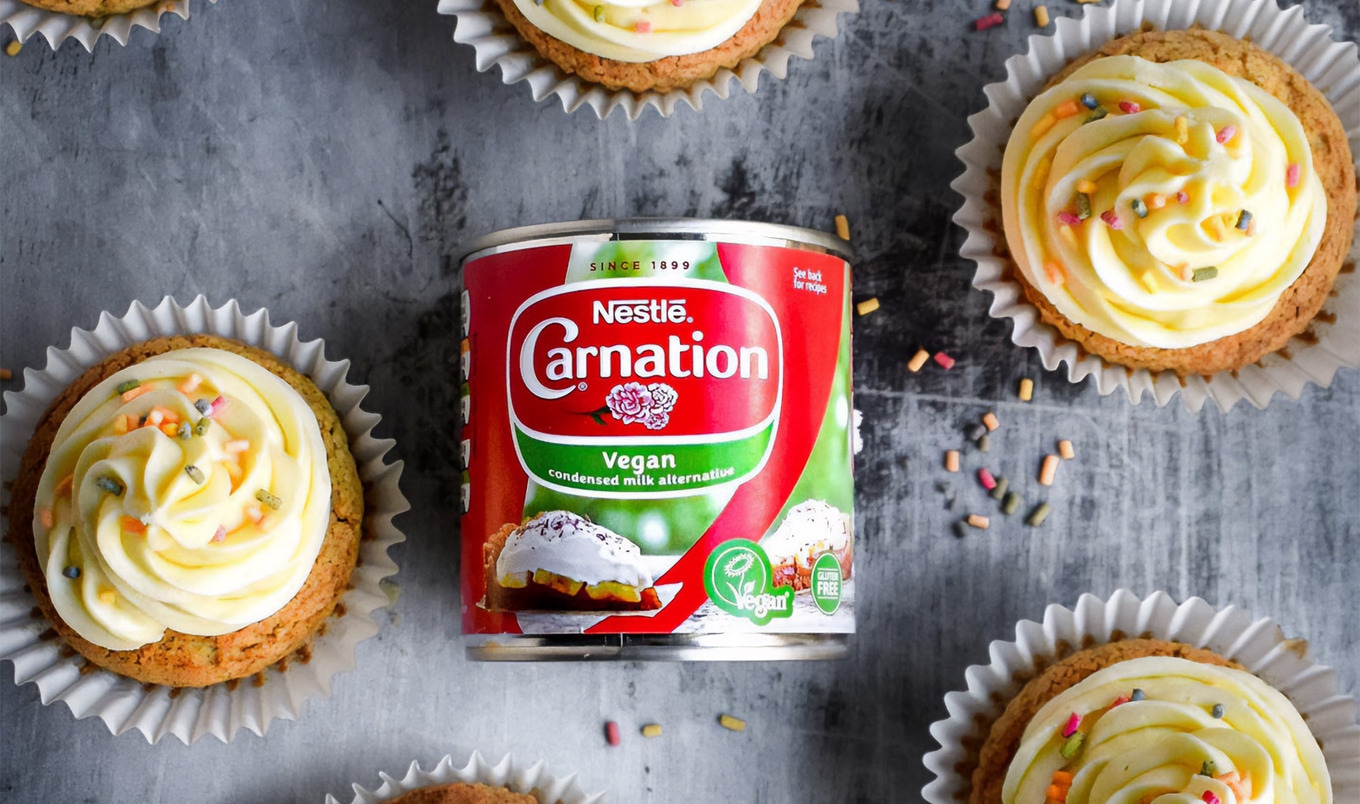 Nestlé
Nestlé
“As an iconic global brand, Nestlé continues to raise the bar, setting new benchmarks for the industry and inspiring trust among consumers worldwide,” Savio D’Souza, valuation director for Brand Finance, said in the report. “With a rich heritage and a portfolio of trusted brands, Nestlé has built a legacy of success and an unmatched global reputation.”
While the company has been widely criticized for its unethical labor and other business practices, some of Nestlé’s resilience can be attributed to its strategic projects and key acquisitions but also to its forward-thinking approach to plant-based products.
Nestlé’s diverse portfolio: from coffee to vegan chocolate chips
Nestlé’s brand strength is in its wide product array. In the coffee segment, the company’s Nespresso brand experienced a 208 percent value increase, reaching a valuation of $2.9 billion. The acquisition of Seattle’s Best Coffee and a lucrative partnership with Starbucks have been instrumental in this.
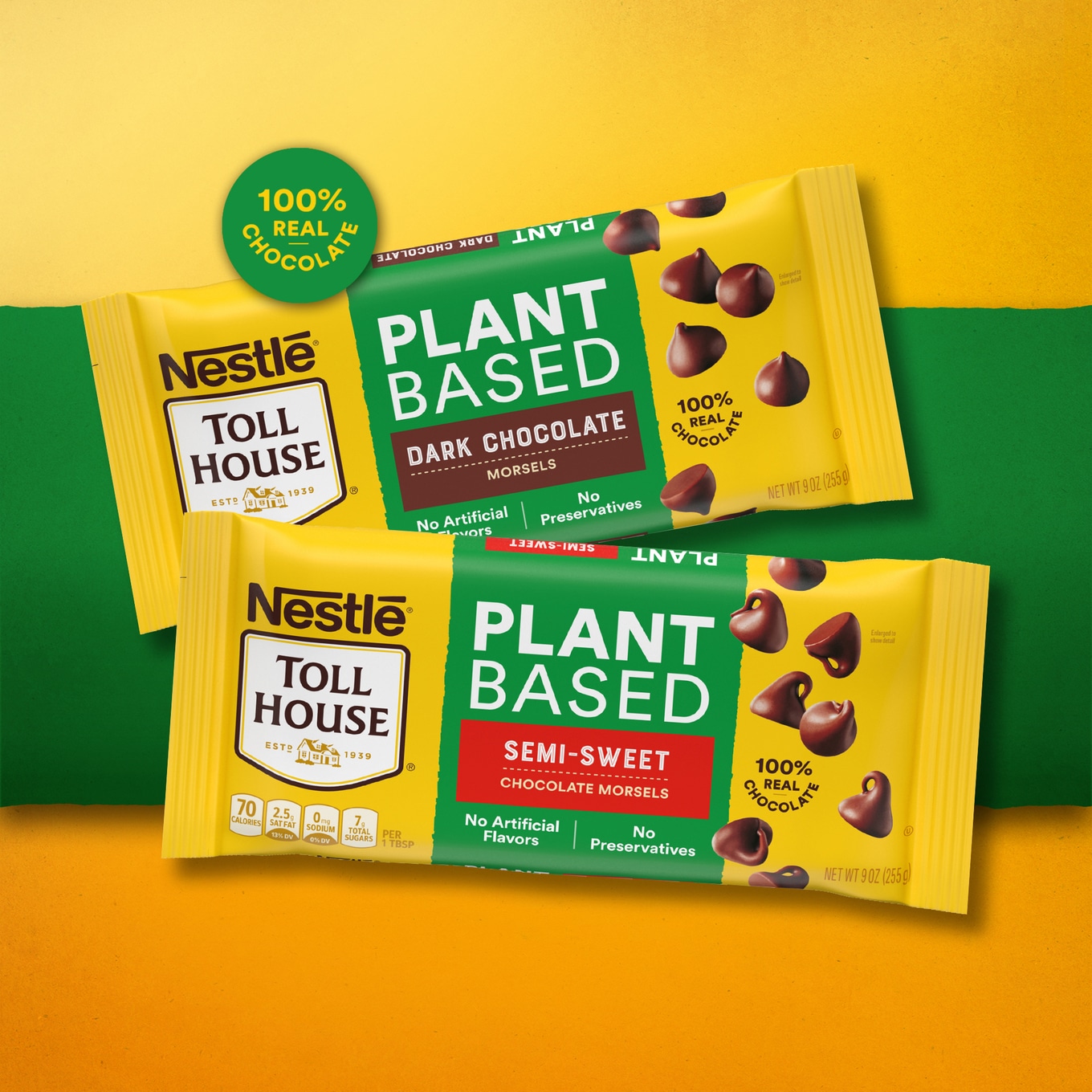 Nestlé
Nestlé
An equally noteworthy move this year is Nestlé’s venture into dairy-free chocolate under its Toll House brand. In April, the company launched two new plant-based chocolate chip morsel varieties: Semi-Sweet Plant-Based and Dark Chocolate Plant-Based.
“As the founder of the chocolate chip morsel more than 80 years ago, Nestlé Toll House remains committed to creating great tasting products that meet the needs of consumer’s evolving lifestyles,” Chandra Kumar, President, Bakery Sweets at Nestlé USA, said in a statement previously sent to VegNews.
“With the launch of our new plant-based morsels, even more people will be able to enjoy the iconic Nestlé Toll House chocolate chip cookie no matter their dietary preferences or restrictions,” Kumar said.
The reasoning to launch the new Toll House morsels? Nestlé wanted to fill a void identified by a 2021 Mintel report that found 48 percent of consumers want products with a “plant based” label.
And these are the moves that keep the multinational company at the top of the game, according to the new Brand Finance report. “Nestlé’s ability to meet evolving consumer preferences, stay ahead of trends, and effectively launch new products has been a driving force behind its continued brand value growth,” D’Souza said in the report.
Plant-based ventures into vegan eggs, milk, and foie gras
Nestlé’s push into plant-based products extends further. Through its European brand Garden Gourmet, Nestlé offers a variety of plant-based meats. Last year, it launched “Voie Gras,” a vegan foie gras substitute, that it developed with ingredients such as miso paste, sea salt, and truffle oil.
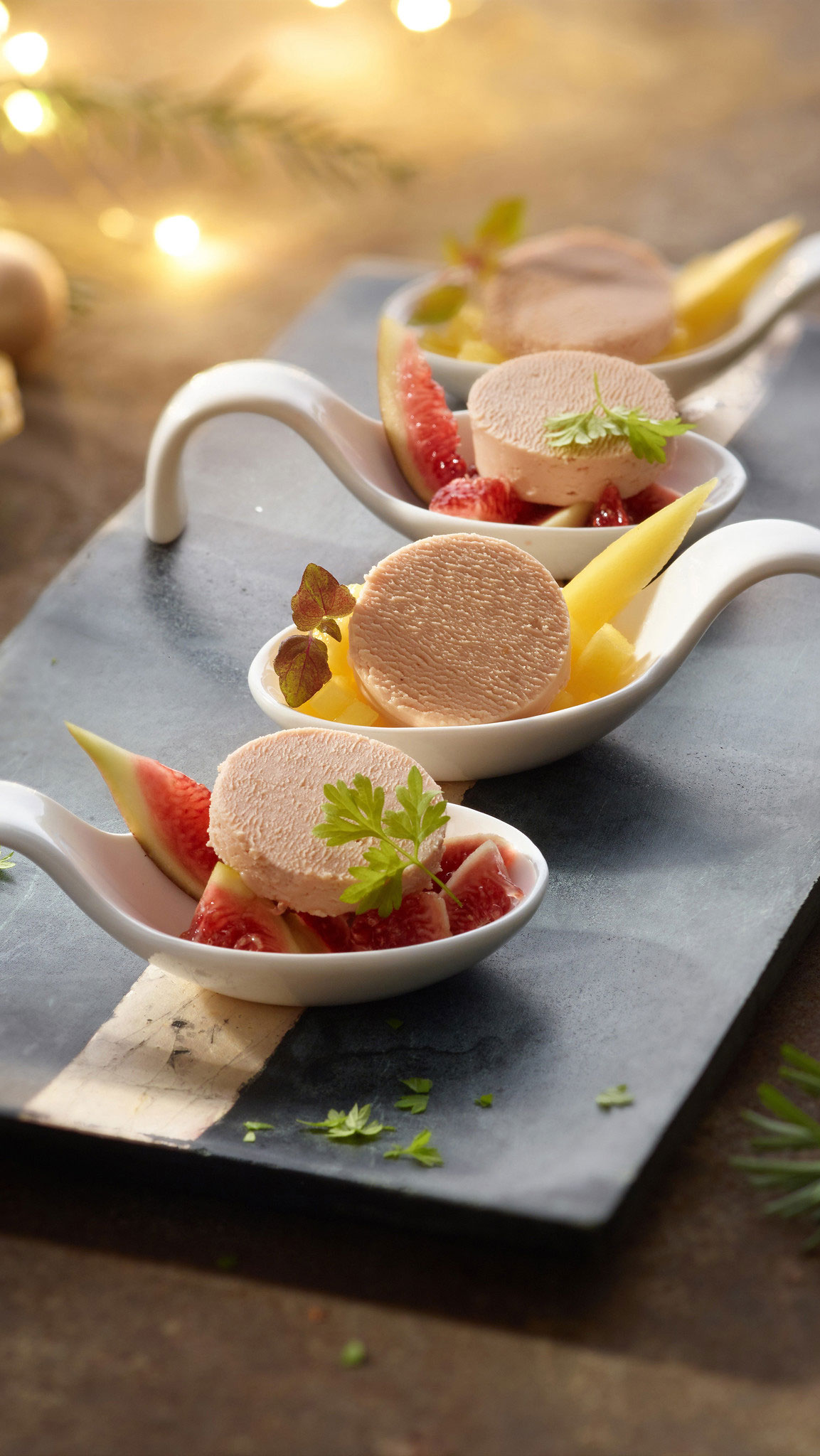 Nestlé Switzerland
Nestlé Switzerland
Nestlé’s home country of Switzerland imports approximately 200 metric tons of traditional foie gras annually, despite its production being illegal in the country. Voie Gras aims to meet this demand more ethically.
In 2021, Garden Gourmet also introduced vEGGie, a liquid vegan egg. This was followed by the test launch of a powdered vegan egg under the Malher brand in Latin America.
That same year, Nestlé launched the Kit Kat V, a vegan version of its classic chocolate bar that it had been developing in England for two years. This vegan chocolate bar has since expanded to 15 countries—which excludes the United States as Kit Kat’s distribution here is under The Hershey Company.
 Nestlé
Nestlé
Nestlé has also explored new technologies to keep it ahead of the pack. Last year, it revealed its work with California-based Perfect Day to develop dairy products made without cows using the California company’s precision fermentation technology. This exploration of animal-free dairy proteins resulted in a limited launch of an original and chocolate milk under the Cowabunga brand.
This partnership underscores Nestlé’s commitment to broadening its plant-based offerings beyond the vegan chocolate and meat alternatives, adding another layer of strategic planning to its brand.
Top brand competitors embrace plant-based
Brand Finance’s top brands report named Nestle as #1 and Chinese dairy brand Yili as #2. Coming into the #4 spot is French company Danone, which clocked in a 13.8 percent brand value increase during the reporting period.
While this brand has traditionally been known for its dairy products like yogurt, over the past several years, Danone has also worked to diversify its portfolio with plant-based alternatives.
 Brooklyn Beckham, Silk
Brooklyn Beckham, Silk
This year, Danone has invested in compelling advertising campaigns for its dairy-free Silk brand. Most notably, it took on the famous “Got Milk?” campaigns with its own spin by recruiting the children of the celebrities who appeared in those ads for its own “Next Milk” advertisements, speaking to the generational shift from dairy to plant-based milks.
For the latest vegan news, read:
JUMP TO ... Latest News | Recipes | Guides | Health | Subscribe

